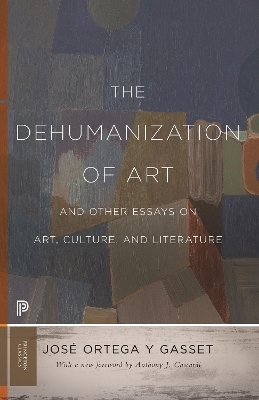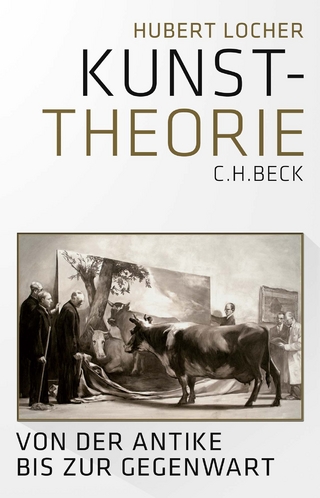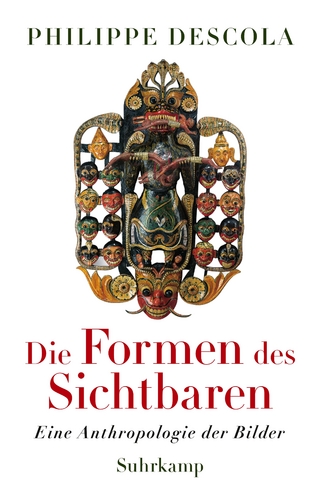
The Dehumanization of Art and Other Essays on Art, Culture, and Literature
Seiten
2019
Princeton University Press (Verlag)
978-0-691-19721-0 (ISBN)
Princeton University Press (Verlag)
978-0-691-19721-0 (ISBN)
A classic work on radical aesthetics by one of the great philosophers of the early twentieth century No work of philosopher and essayist Jose Ortega y Gasset has been more frequently cited, admired, or criticized than his response to modernism, "The Dehumanization of Art." The essay, originally published in Spanish in 1925, grappled with the ne
A classic work on radical aesthetics by one of the great philosophers of the early twentieth century
No work of philosopher and essayist José Ortega y Gasset has been more frequently cited, admired, or criticized than his response to modernism, “The Dehumanization of Art.” The essay, originally published in Spanish in 1925, grappled with the newness of nonrepresentational art and sought to make it more understandable to the public. Many embraced the essay as a manifesto extolling the virtues of vanguard artists and promoting efforts to abandon the realism and the romanticism of the nineteenth century. Others took it as a denunciation of everything that was radical about the avant-garde. This Princeton Classics edition makes this essential work, along with four of Ortega’s other critical essays, available in English. A new foreword by Anthony J. Cascardi considers how Ortega’s philosophy remains relevant and significant in the twenty-first century.
A classic work on radical aesthetics by one of the great philosophers of the early twentieth century
No work of philosopher and essayist José Ortega y Gasset has been more frequently cited, admired, or criticized than his response to modernism, “The Dehumanization of Art.” The essay, originally published in Spanish in 1925, grappled with the newness of nonrepresentational art and sought to make it more understandable to the public. Many embraced the essay as a manifesto extolling the virtues of vanguard artists and promoting efforts to abandon the realism and the romanticism of the nineteenth century. Others took it as a denunciation of everything that was radical about the avant-garde. This Princeton Classics edition makes this essential work, along with four of Ortega’s other critical essays, available in English. A new foreword by Anthony J. Cascardi considers how Ortega’s philosophy remains relevant and significant in the twenty-first century.
José Ortega y Gasset (1883–1955) was a Spanish philosopher and essayist. His many books include What is Knowledge? and The Revolt of the Masses. Anthony J. Cascardi is dean of arts and humanities and professor of comparative literature, rhetoric, and Spanish at the University of California, Berkeley.
| Erscheinungsdatum | 21.09.2019 |
|---|---|
| Reihe/Serie | Princeton Classics |
| Verlagsort | New Jersey |
| Sprache | englisch |
| Maße | 140 x 216 mm |
| Themenwelt | Kunst / Musik / Theater ► Allgemeines / Lexika |
| ISBN-10 | 0-691-19721-0 / 0691197210 |
| ISBN-13 | 978-0-691-19721-0 / 9780691197210 |
| Zustand | Neuware |
| Informationen gemäß Produktsicherheitsverordnung (GPSR) | |
| Haben Sie eine Frage zum Produkt? |
Mehr entdecken
aus dem Bereich
aus dem Bereich
Vorlesungen März-Juni 1981 : die legendären Vorlesungen des großen …
Buch | Hardcover (2025)
Suhrkamp (Verlag)
38,00 €
eine Anthropologie der Bilder
Buch | Hardcover (2023)
Suhrkamp (Verlag)
68,00 €


